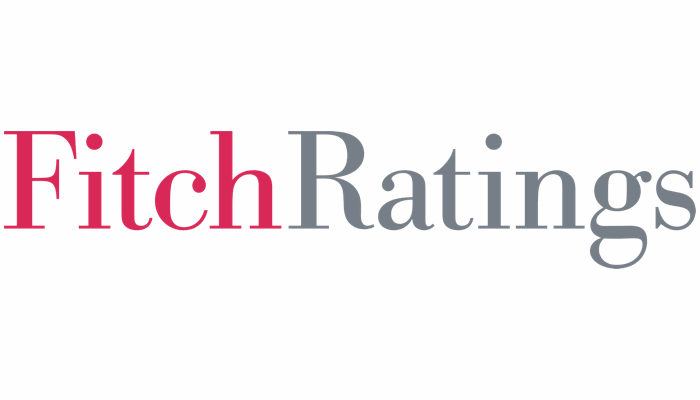Small size, mixed capital strength shape EMEA reinsurer ratings: Fitch Ratings
- June 25, 2025
- Posted by: Taylor Mixides
- Category: Insurance

Fitch Ratings, a credit rating agency known for its analysis of financial institutions and insurance entities, has identified size-related constraints and varying capital strength as key factors influencing the ratings of small reinsurers operating in the EMEA region.
In its latest peer review published on 29 May 2025, Fitch assesses four companies: Phoenix Re, Oman Re, ASR Re, and Echo Re, noting that while all operate at a relatively limited scale, several show strengths in diversification and risk management.
Based on 2024 financial data, the peer group posted net revenues ranging between USD 25 million and USD 280 million.
Fitch highlights that their modest scale leaves them more exposed to external pressures than their larger, global peers.
Nonetheless, this exposure is tempered by the companies’ diverse business profiles and geographical spread. For example, Phoenix Re is focused primarily in Bulgaria, Oman Re in the MENA region, Echo Re in various Asian markets, and ASR Re in Africa.
Notably, ASR Re saw a sharp increase in revenue during 2024, largely due to the launch of its syndicate at Lloyd’s of London—an initiative Fitch views as expanding its operational reach and profile.
Capital strength among the group varied significantly. Fitch’s proprietary Prism Global Capital Model rated ASR Re’s capital adequacy as ‘Extremely Strong’ at the end of 2023, while Phoenix Re was assessed as ‘Somewhat Weak’.
The rapid pace of new business acquisition across the group added strain to capital positions, though this was mitigated by robust earnings retention. Regulatory solvency margins remained sound in most cases, and the reinsurers held little to no financial debt as of the end of 2024—a detail Fitch sees as credit positive.
In terms of financial results, 2024 was a strong year for the group. Fitch attributes this to improved underwriting outcomes supported by a relatively benign natural catastrophe environment and favorable reinsurance market pricing. These external factors contributed to the group’s solid performance across the board.
Investment strategies were generally conservative, with most companies placing their assets in bank deposits and US dollar-denominated bonds.
However, Phoenix Re stood out for its comparatively higher-risk approach, with more than half of its portfolio in equities and unrated bonds.
Oman Re’s investment exposure remained closely tied to domestic conditions, with around 60% of its assets linked to Omani banks or sovereign instruments. Fitch notes this creates concentrated risk due to the issuer’s BB+/Positive sovereign rating.
Risk management practices were found to be generally strong. According to Fitch, the reinsurers maintain broad retrocession programs tailored to their core lines of business and demonstrate solid credit quality in their reinsurance panels—factors that help reinforce financial stability despite limited size.
Each company’s rating reflects Fitch’s structured assessment of nine key credit factors, ranging from underwriting performance to capital adequacy and asset risk.
These are scored from ‘aaa’ to ‘c’ and influence both the Insurer Financial Strength (IFS) rating and outlooks. Additional considerations such as ownership support and funding structure are also incorporated.
This analysis is based on Fitch’s Insurance Rating Criteria and reflects information available in the most recent Ratings Navigator reports. It also incorporates updates such as the May 2025 revision of Oman Re’s outlook to Positive.
This website states: The content on this site is sourced from the internet. If there is any infringement, please contact us and we will handle it promptly.



